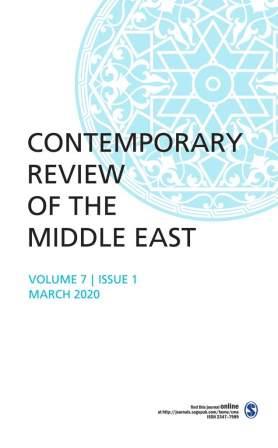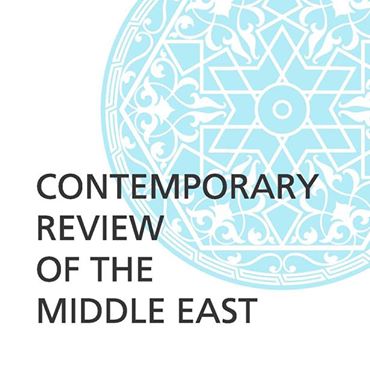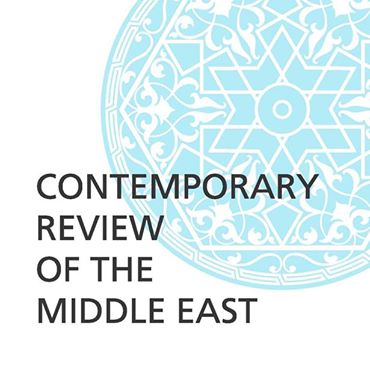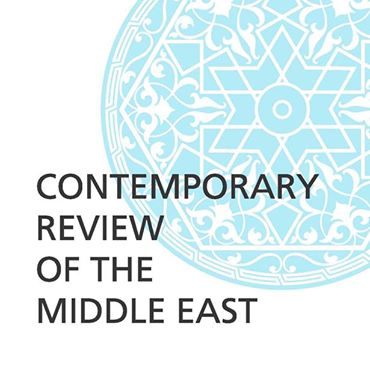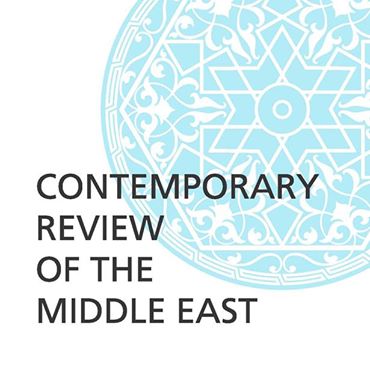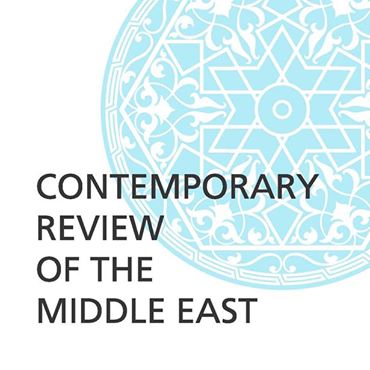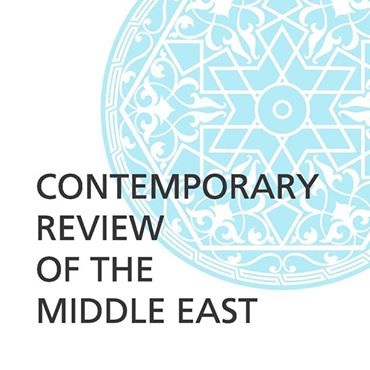Breaking
- MENU
Lorem Ipsum is simply dummy text of the printing and typesetting industry.
https://journals.sagepub.com/toc/cmea/current
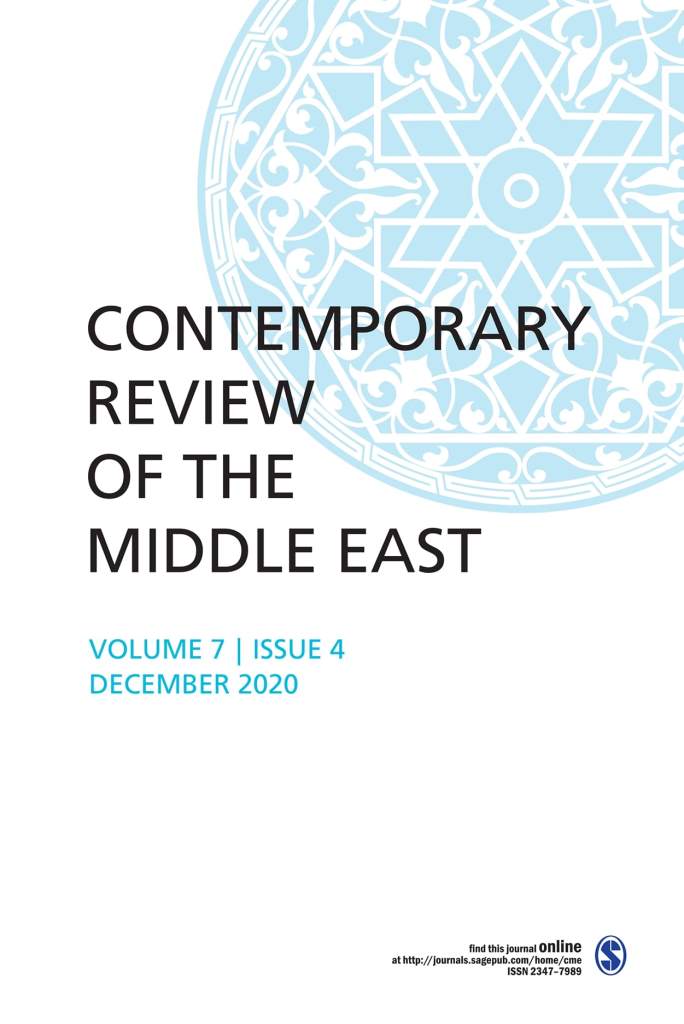
Contemporary Review of the Middle East: Volume 7 Issue 4, December 2020
Dateline
P. R. Kumaraswamy
The ever-turbulent Middle East got a jolt in early 2020 with the outbreak of COVID-19, which affected all the countries of the region and all facets of life. Some managed to mitigate the pandemic through better utilization of their healthcare facilities, quick policy responses and better enforcement of lockdown measures and countries like Israel, UAE and Bahrain deployed technological means and smartphone apps to trace and minimize the spread. In countries like Libya, Syria and Yemen—already amid civil war—the health services were stretched beyond limits.
The pandemic coincided with a host of Christian, Jewish and Muslim festivities, namely, Easter, Pessah and Ramadan, respectively. It forced the authorities to advise the followers to pray at homes rather than go for public congregations. Several Muslim-majority countries urged their citizens to be judicious in keeping the month-long fast during the holy month of Ramadan. As precautionary measures, the Grand Mosque of Mecca, Al-Aqsa Mosque in Jerusalem and religious seminaries in Qum have been closed for weeks. The annual Hajj pilgrimage remains doubtful; Saudi authorities have canceled Umrah but have not made any formal announcement concerning Hajj. Indonesia, the largest Muslim country, has called off this year's Hajj due to the pandemic. While most religious people and societies adhered to the norms of physical distancing, there were challenging moments.
The pandemic situation accentuated several problems facing the Middle East. With no end to the civil war conditions, Libya, Yemen and Syria are further burdened by the health crisis. Hence, the actual number of COVID-19-related deaths remains speculative than accurate. The disease posed a different challenge to oil-rich countries. Global lockdown and virtual halting of international travel drastically reduced the demand for oil and gas. With so many companies and production units across the globe not operating, there is excess oil in the market and scores of tankers are hopelessly stranded at high seas. Dropping demands and reduced storage space led to oil prices falling below zero dollar per barrel in April. For the hydrocarbon-dependent economies along the Persian Gulf, this was a devastating shock.
Falling oil prices was not a boom for oil-importing countries like India. Gulf economies are oil-dependent and drop in revenues means scaling back government expenditure and infrastructure developments, leading to falling bilateral trade, reducing the size of the immigrant population and dip in remittances. The Gulf returnees will have a cascading impact on the Indian economy, especially in Gulf-migration dependent states like Kerala.
The Gulf Arab countries, India's major trading partners, will have to relook some of their major projects and plans. With the Tokyo 2020 Olympic already pushed by a year, the Qatar hosting the FIFA World Cup 2022 as per schedule remains doubtful. Driven by domestic constraints, their willingness and ability to invest in India's high-value projects will not happen or will be delayed considerably.
The COVID-19 crisis and its financial implication have not forced countries to abandon their aggressive postures and seek accommodation with their adversaries. Though Iran was quick to blame the Trump Administration and its sanctions for exasperating the health crisis, Tehran did not abandon military modernization; amidst the crisis and prolonged lockdowns, on 22 April, Iran launched its first military satellite. The pandemic forced Israeli politicians to form a government after three rounds of Knesset elections. Still, the unity government’s fragility has not impeded Prime Minister Benjamin Netanyahu's plans to annex the Jordan Valley in the West Bank before the November 2020 presidential elections in the US.
Ideally, the COVID-19 is an opportunity to reorganize national priorities, redefine national security challenges and address the larger issue of human security. It exposed the flip side of globalization and movement of people, goods and services. No society can be isolated and still live in safety. At the same time, the health issue has also raised nationalism and saw new barriers being built. The economic meltdown and shortage of resources would propel a new contest among powerful states in the region to control resources vital for them. Hence, it is safe to assume that the pandemic would only increase the regional tension, conflict and even violence in the Middle East.
The inept handling of the crisis and race relations has raised doubts about President Trump's electability for a second term in November. Joe Biden is not different from Barack Obama under whose watch the Middle East went through some of the turbulent times. Trump or Biden, the problems of the Middle East will be far from over in the coming months and years.
For more details please see: Web Link
pp. 379-380
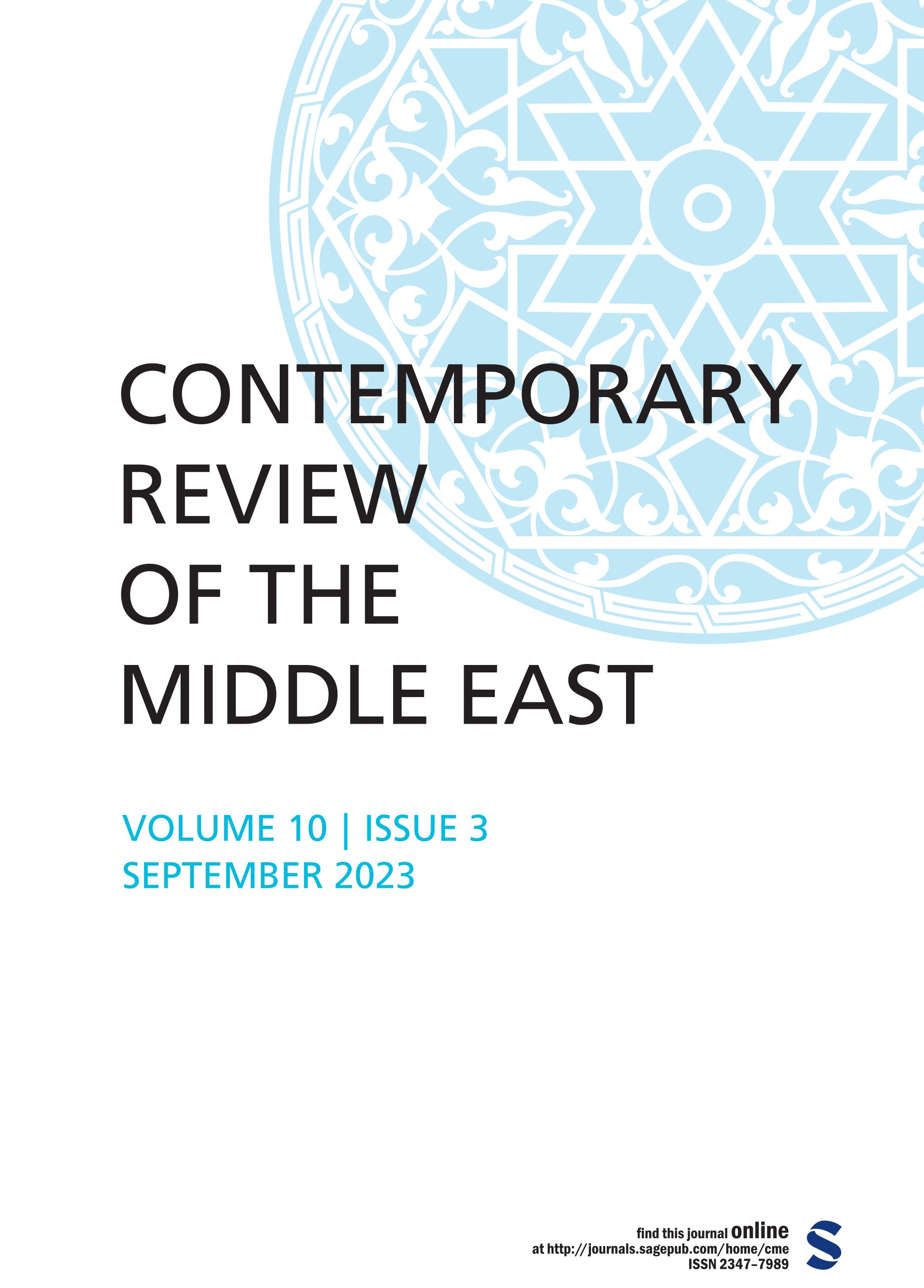
Invented Tradition as a Theoretical Approach Within Iranian Memory Studies: A Review Mohammad
Read More »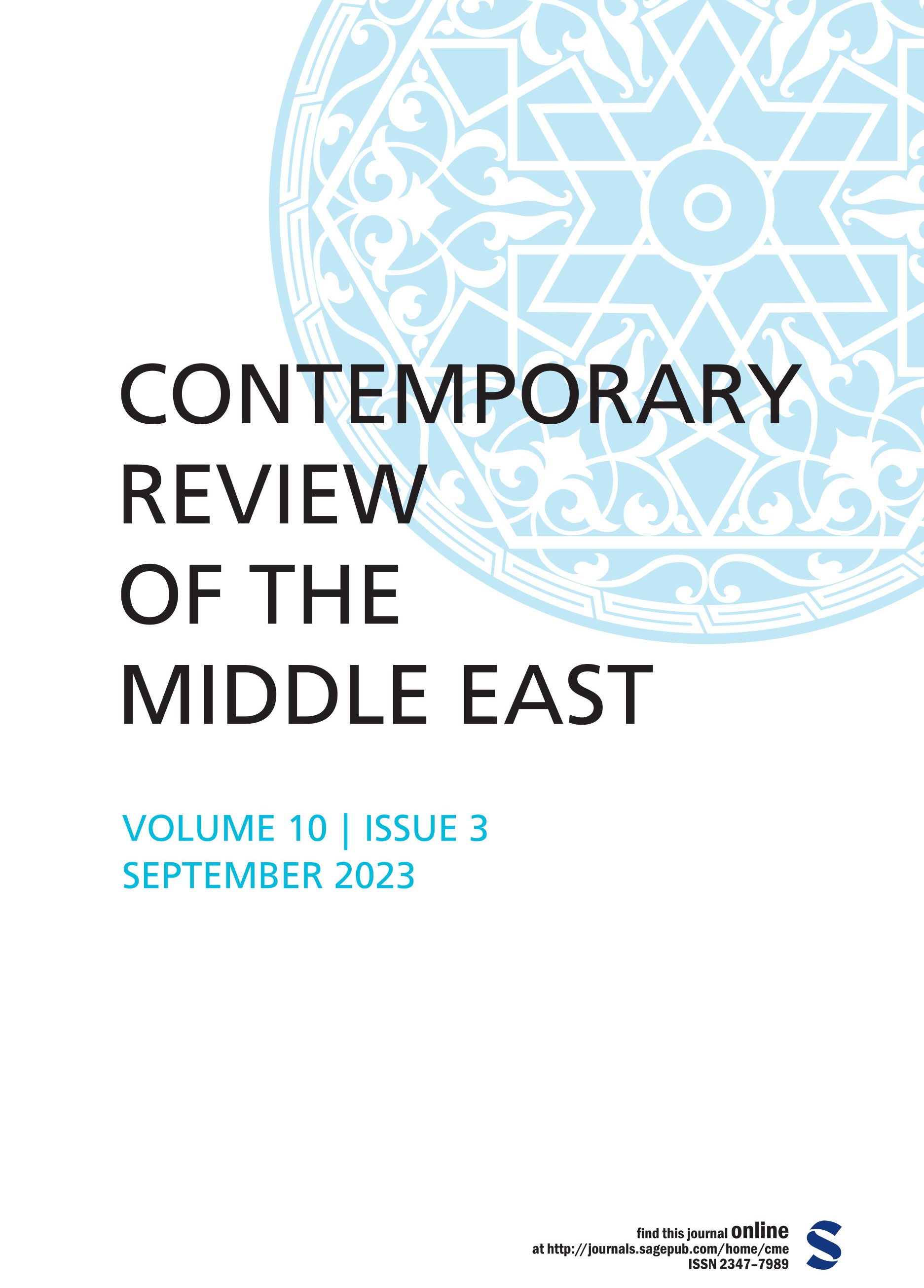
Neo-Ottoman Turk-Scape: Analyzing the Role of Dizis as Türkiye’s Soft Power Mohammad Reyaz and
Read More »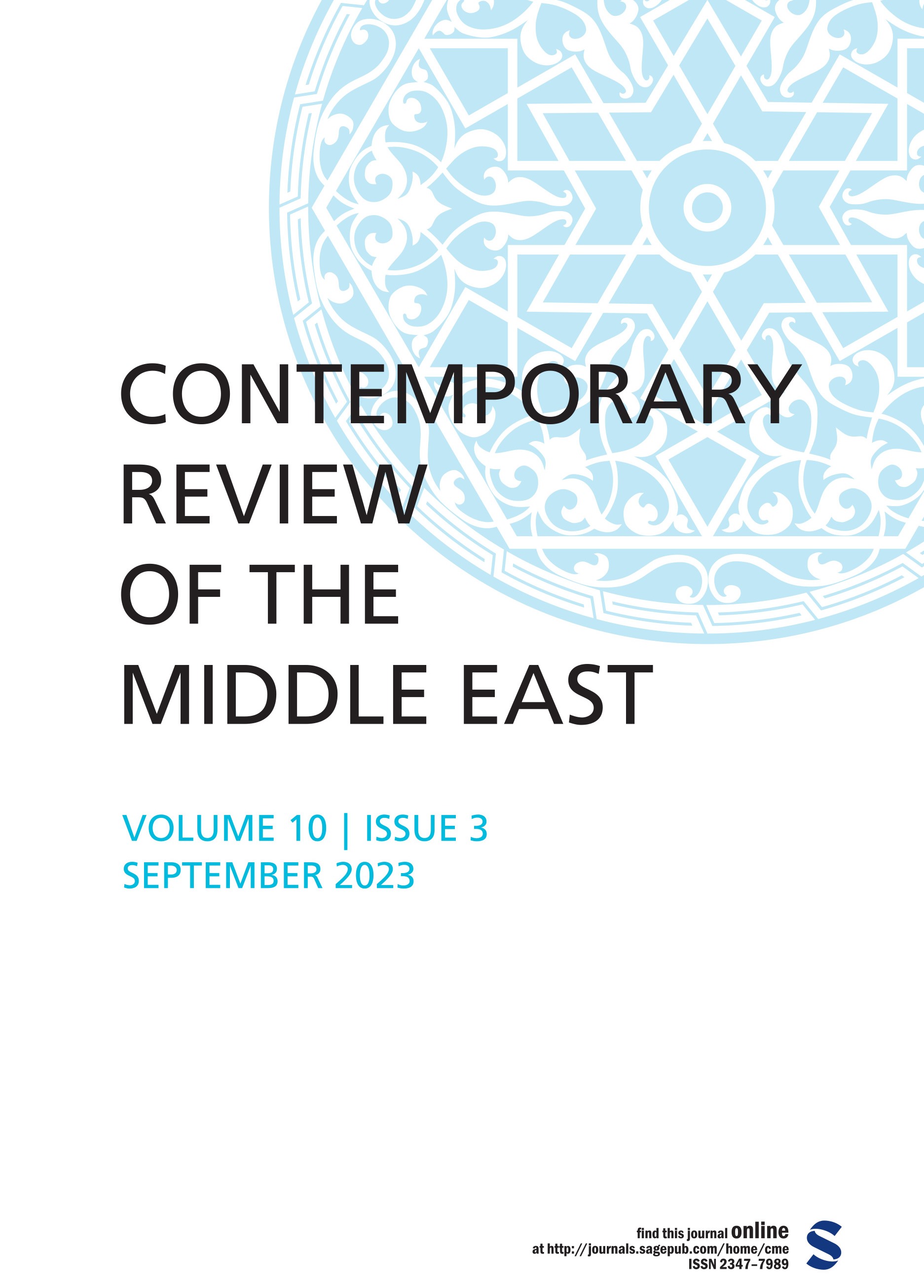
The Relations of Vietnam with the Middle East-North Africa Region: From a Divided State to an Important&
Read More »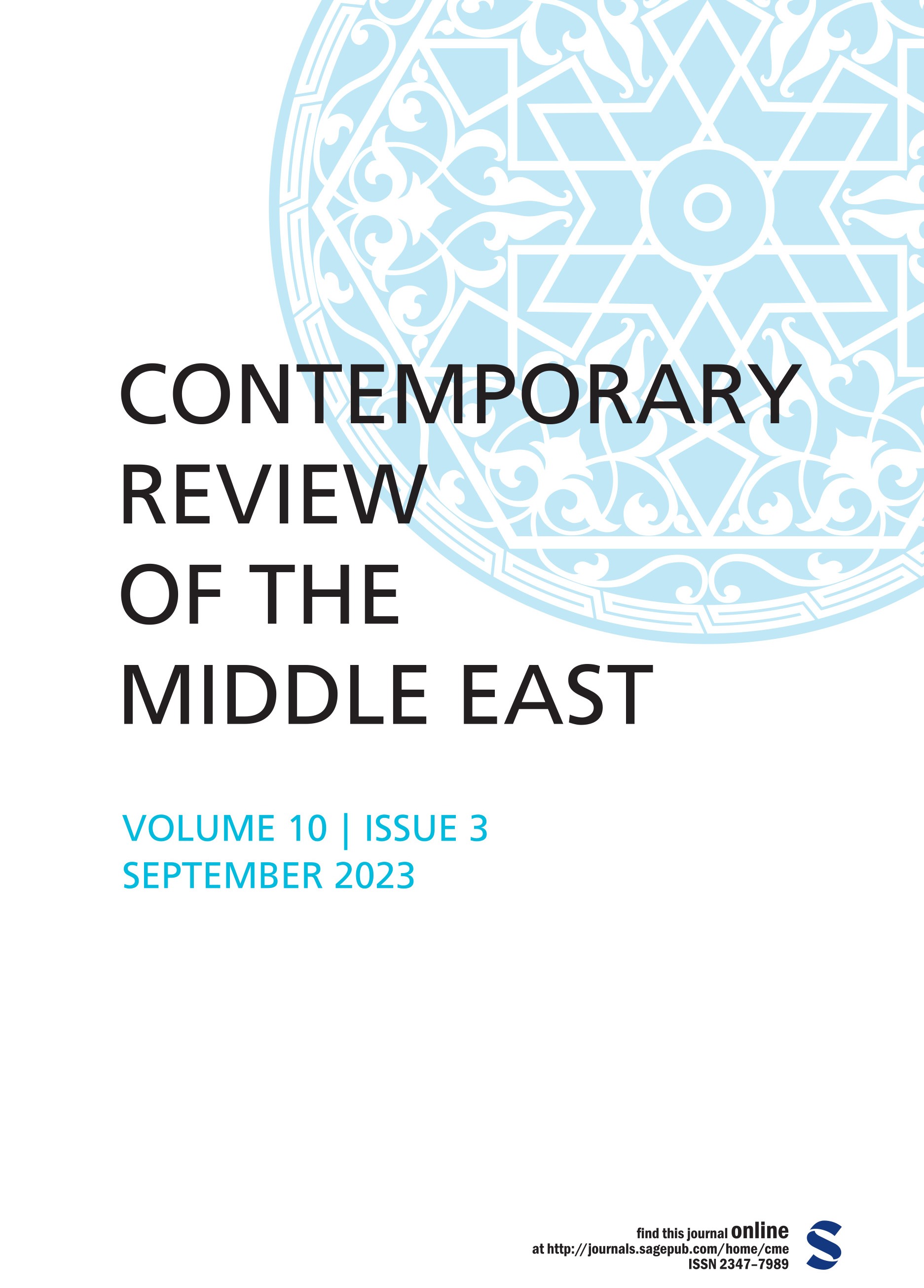
An Analysis of Yemen’s Geostrategic Significance and Saudi-Iranian Competition for Regional Hegemo
Read More »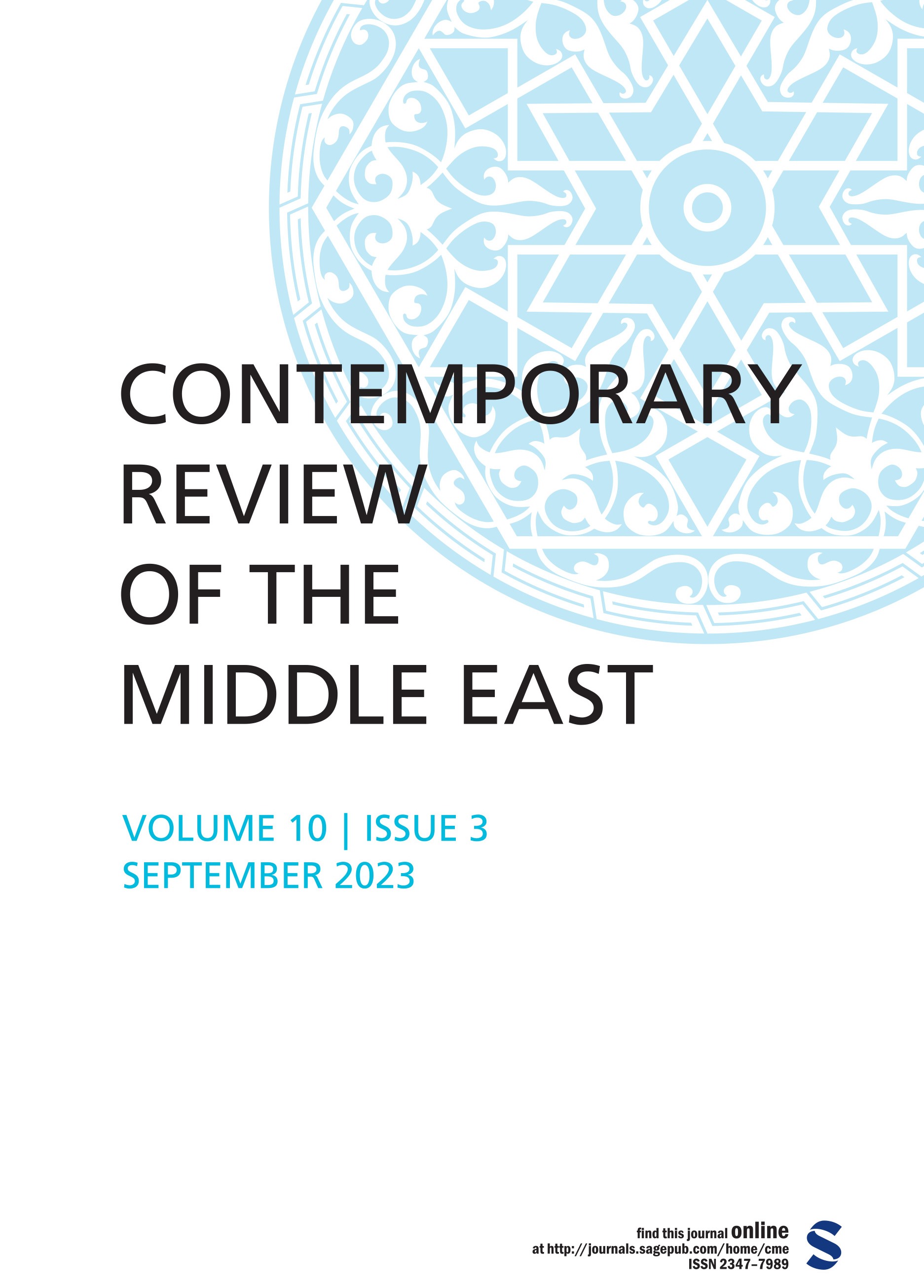
The National Reconciliation Process in Algeria During the Bouteflika’s Era: The Official Narrative Fa
Read More »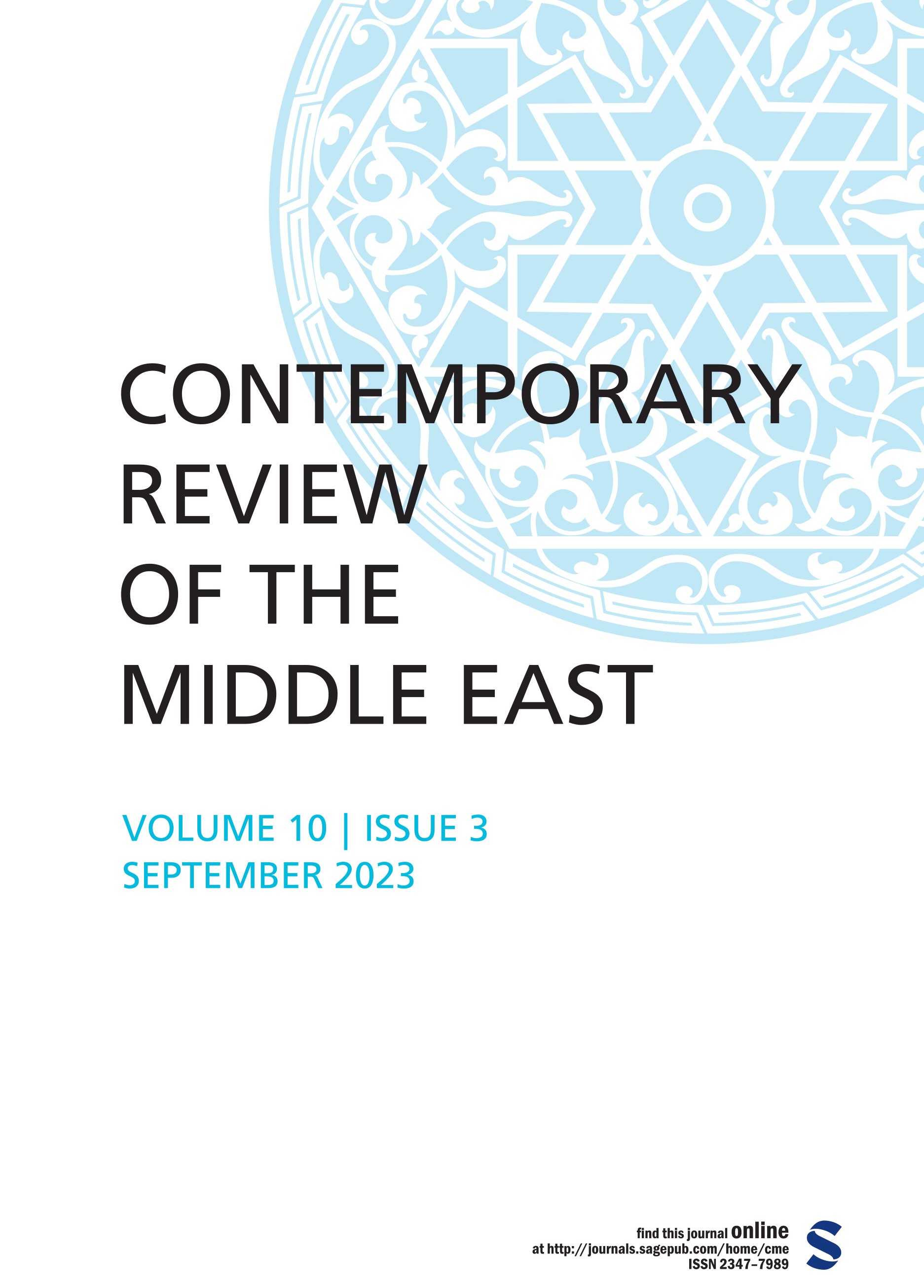
Dateline MEI When Netanyahu Rocks the Israel Boat, Nero Style P. R. Kumaraswamy For the text see: We
Read More ».jpg)
.jpg)
